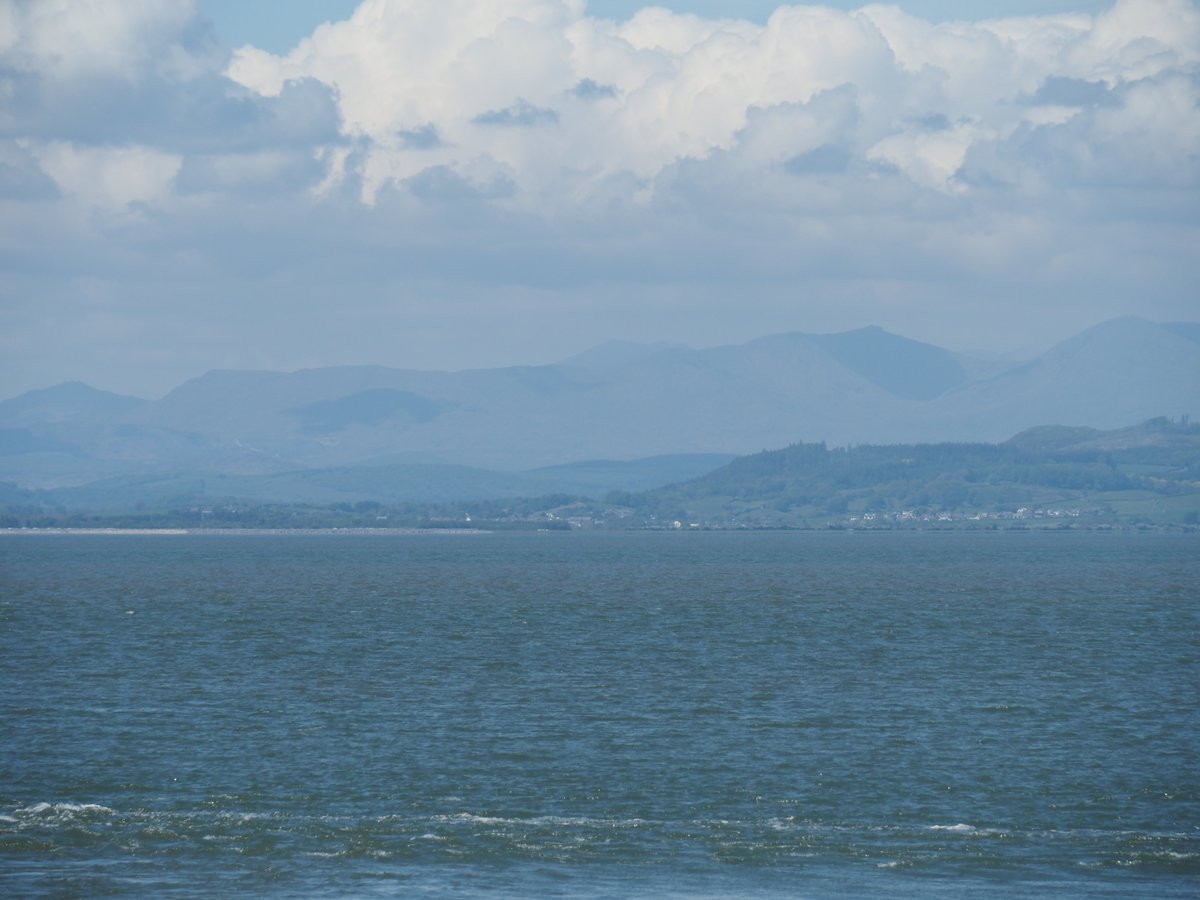
With UK government levelling up plans due later this week I wrote about them in terms of both some local areas, and the international trade trends that frame many issues. Overall, the plans look like a lazy reheat of previous initiatives. yorkshirebylines.co.uk/business/the-t…
Start in Morecambe, a town with some of the best views in the country over the bay. But don't look back... struggling for 40 years. Yet, there should be potential. A tech hub with views perhaps.
Local political party - wants independence from Lancaster, not regional mayors.
Local political party - wants independence from Lancaster, not regional mayors.

Neighbouring Lancaster is doing better, the legacy in large part of those who brought a university there in the 1960s. But you'd not necessarily know it from the town centre, featuring increasing numbers of empty properties among the history (a castle not yet a tourist draw) 

What manufacturing presence there is in Lancaster and Morecambe is mostly in industrial estates on the edge of town. The main local employers are public and quasi-public (e.g. Heysham Nuclear Power Station). That's common to a lot of smaller places across the north. 

The trends affecting our towns and cities start globally with technology. We can make a lot more with fewer people, and we're all buying a lot more online. That means new opportunities as well, but these are considered lower status jobs. ft.com/content/59321a…
So we do know some of the things that work at least in part in levelling up - attracting major new projects or opening new universities. Unfortunately for the latter, there seems a view shared by government that too many go to our universities. bbc.co.uk/news/education…
Meanwhile much of our inward investment in successful sectors happens near London, whether that is films, fintech, pharmaceuticals or engineering. That isn't saying a great deal for confidence in our infrastructure. Rightly, it competes poorly. theguardian.com/film/2021/jul/…
Set against all these challenges, the levelling up promise of more local mayors, more funding programmes for town centres, some civil servant relocations, and re-announcement of previously disappointing rail schemes looks wholly inadequate. yorkshirebylines.co.uk/business/the-t…
For once, at least, I'm not speaking out of school. Apparently even @michaelgove thinks how own levelling up plans are no good. We really need a far better debate with more ambitious proposals grounded in both local experiences and global context. /end
https://twitter.com/paulwaugh/status/1488057297087643651
PS we really should discuss the role of public sector pay freezes and outsourcing on areas where the public sector is the main employer, which is probably large parts of the country outside London and the south-east.
On cue... the sort of project that will probably make a positive impact on a town like Morecambe - but there will be far more to do to fully level up...
https://twitter.com/HannahAlOthman/status/1488478183418732552
• • •
Missing some Tweet in this thread? You can try to
force a refresh






